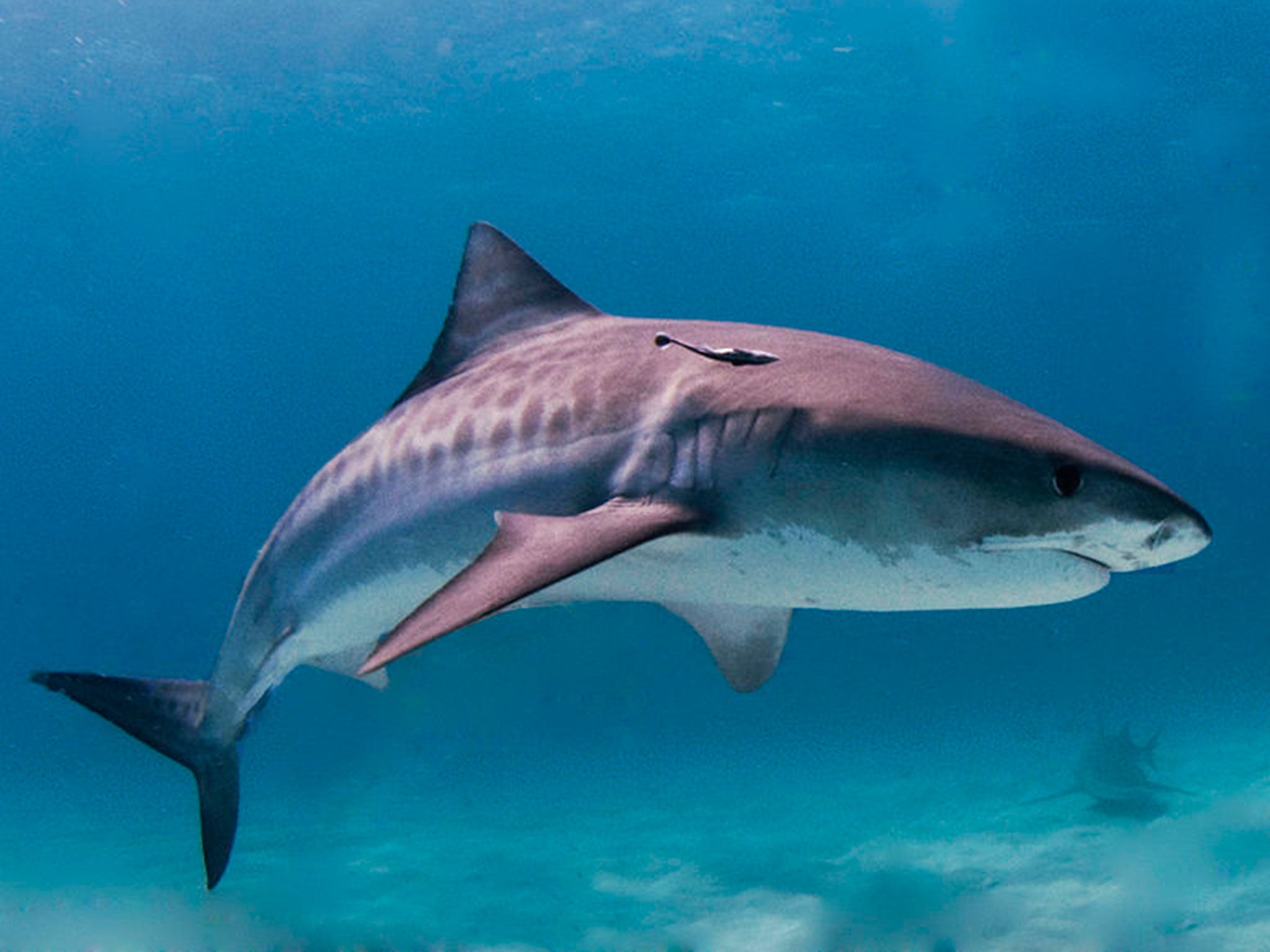World Cup 2014: Fans in Brazil warned of shark attacks in Recife, home to one of the most dangerous waters in the world to swim
The Boa Viagem beach suffers a high number of shark attacks and an above-average number of fatalities each year

Officials in the Brazilian city of Recife, home to one of the most dangerous places to swim in the world, are ramping up shark attack warnings for football fans heading there for the 2014 World Cup.
The city's Boa Viagem beach suffers a high number of shark attacks and an above-average number of fatalities. Local authorities keen to avoid incidents with unsuspecting soccer fans during the World Cup are now stepping up their safety campaign across the coast.
Tourists in Recife, which will host five World Cup matches, are now being met by a forest of warning signs in English and Portuguese, and newly-built watchtowers for lifeguards.
The area has an atypical concentration of sharks, with 59 incidents taking place across the 20 kilometres of coastline over 21 years, according to local lifeguard captain Helder Silva.
The waters off the coast of the capital of the Pernambuco region are mainly populated by bull and tiger sharks, which are attracted by the jetsam emptied into the sea by two local rivers.
World Cup 2014: Opening ceremony
Show all 15Adding to this, the 2014 World Cup takes place during the rainy season, which officials say is the period of greater risk of shark attack.
"Tourists often are not aware of the problem with sharks here, nor do they know the prevention measures. So we’ve needed to reinforce our efforts," Mr Silva said.
"We've nearly doubled our number of watch towers, which was part of the planning to receive the World Cup, and we've doubled our personnel to cater for the demand of the World Cup."
He said there have been no registered shark attacks in 2014. "Last year we had two," he added, "one here on Boa Viagem beach and another on Praias dos Corais in the neighboring town."
In July 2013 an 18-year-old Brazilian tourist from Sao Paulo, Bruna Gobbi, died after she was bitten on the leg by a shark at the Boa Viagem beach.
For anyone who is travelling to the area, Mr Silva had a few words of advice for staying safe. "To avoid a shark attack, avoid swimming in the ocean in unprotected areas or open shore. Here on our coast we have protected areas inside natural reefs, so it's recommended that if you swim, to do it in these areas at low tide.
"Don’t swim alone. Stay in groups and don't spend too much time in the water. Don’t go in the water if you're bleeding, as it attracts sharks."
Subscribe to Independent Premium to bookmark this article
Want to bookmark your favourite articles and stories to read or reference later? Start your Independent Premium subscription today.

Join our commenting forum
Join thought-provoking conversations, follow other Independent readers and see their replies